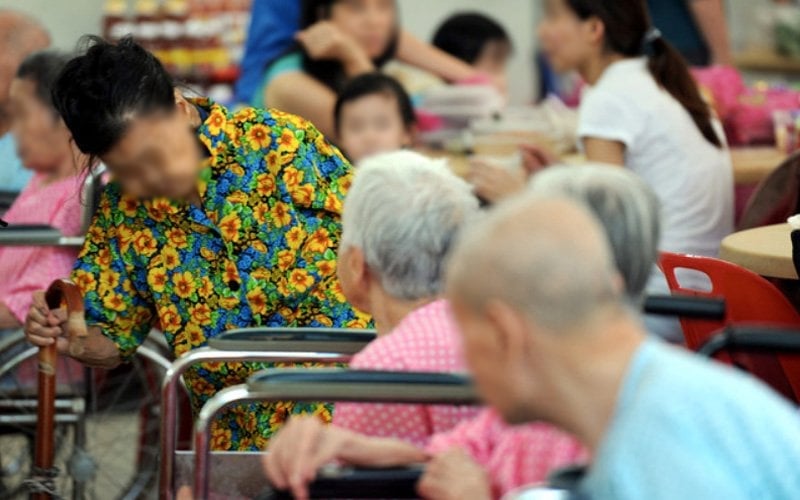
PETALING JAYA: Comprehensive social security policies are needed to support the ageing populations of East Asian countries, including Malaysia, say economists.
Aaditya Mattoo, World Bank chief economist for the East Asia and Pacific (EAP) region, highlighted this issue during the launch of the bank’s latest regional report last week.
The World Bank report found the populations of countries in the region, which include Malaysia, Indonesia, Vietnam and the Philippines, are ageing much faster than in rich countries.
Aaditya said while most Western countries took 50 to 60 years to transition from “ageing” to “aged”, the EAP region was likely to take only 20 years. “Our incomes are also lower than in the Western countries when they age,” he said.
The bank said the declining size of the working age population will shrink the contribution base from which pension, unemployment, and health insurance systems are financed in several major economies in the region.
As a result, countries in the region will find pensions systems posing a higher burden over time.
Implications for Malaysia
FMT Business spoke to several economists on the implications of the World Bank’s findings for Malaysia.
Benedict Weeraseena, an economist at Bait al Amanah, said countries like Malaysia should introduce flexible work arrangements and a more comprehensive social security system.
“Ageing will be an increasingly pressing issue in the coming decades as Malaysia transitions from an ‘ageing nation’ in 2020 to an ‘aged nation’ by 2044 when those aged 65 and above exceed 14% of the total population,” he said.
A universal social insurance scheme would not just cover retirees but those working informal jobs or were employed in the gig economy.
While the challenges of an ageing society are often discussed, Benedict noted that it was possible to capitalise on the benefits of such a society.
These benefits include maximising the potential of the care sector and retirement homes, enhancing elderly healthcare and improving the senior tourism ecosystem.
“Moreover, we should look to incentivising flexible employment opportunities to harness the productive potential of older workers, especially those who cannot afford to retire,” he said.
Echoing these sentiments was Universiti Tun Abdul Razak economics professor Barjoyai Bardai, who suggested there should be a fund that could provide provisions for temporary job loss as well.
“The immediate need of the people is robust healthcare,” he said. “They consume more pharmaceuticals (as they age) and if they are not ex-government servants, they pay dearly for these products.”
Providing safety nets is essential to enable the older segment of the population to continue working in whatever capacity they are able to.
He noted that it was feasible for the elderly to continue working late into their nineties if they wanted to, particularly in professions like teaching.
The main roadblock, as identified by Bank Negara Malaysia (BNM), is the lack of job opportunities for the old-age groups to re-enter the job market.
Introducing incentives to hire elderly workers may be necessary to mitigate the issue as the country continues to age.
This would lessen the adverse impact of the ageing population on the nation’s productivity.
Improving existing systems
There have been many suggestions provided on improving the country’s social security system. Even BNM’s annual report 2022 puts forth some recommendations.
The foremost is a universal registration of Malaysian citizens into the Employees Provident Fund (EPF) and Social Security Organisation (Socso) to identify needs for uncovered segments, and linking old-age benefits to standards of living.
Norma Mansor, a professor at Universiti Malaya’s Social Wellbeing Research Centre, agrees with this change.
“It is a good foundation to register Malaysian workers regardless of their employers, in both the formal and informal sector,” she said.
“This will be more inclusive in line with our national goal of not leaving anyone behind. The contribution will also be significant to fund the overall system,”
Lee Hwok Aun, a researcher for the ISEAS-Yusof Ishak Institute, said the focus should be on increasing participation of the self-employed.
“The omitted segments are the self-employed who can make voluntary EPF contributions, and the informally employed,” he said.
While automatic registration does not guarantee suitable funds for retirement for those informally employed, it is a first step towards giving them access to a potential safety net. - FMT



No comments:
Post a Comment
Note: Only a member of this blog may post a comment.